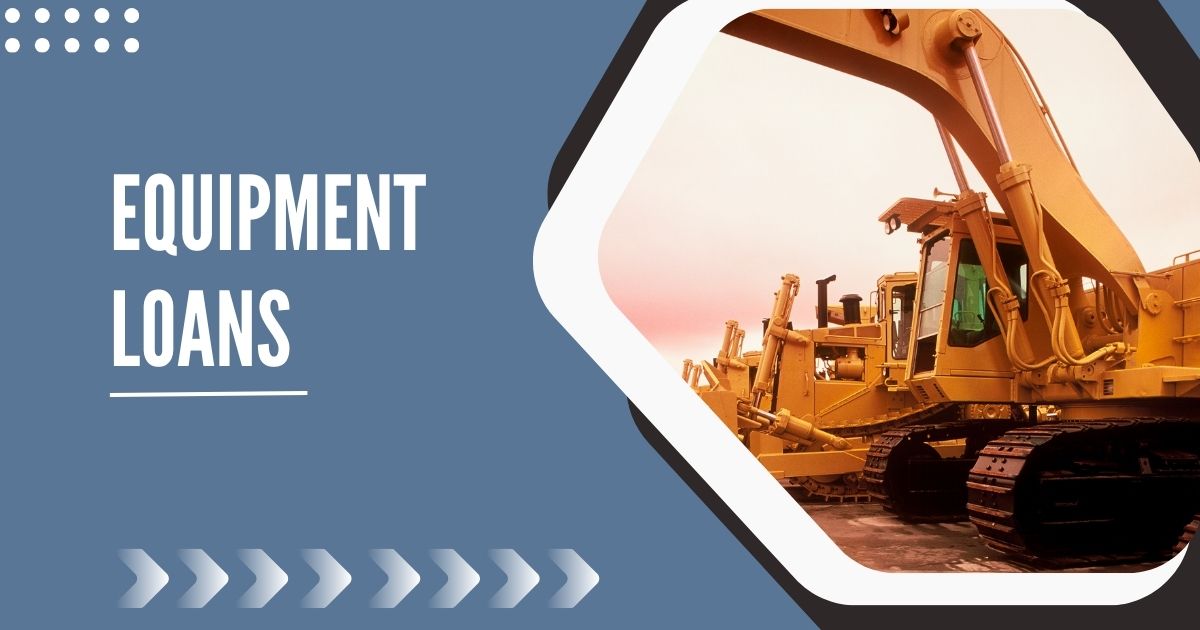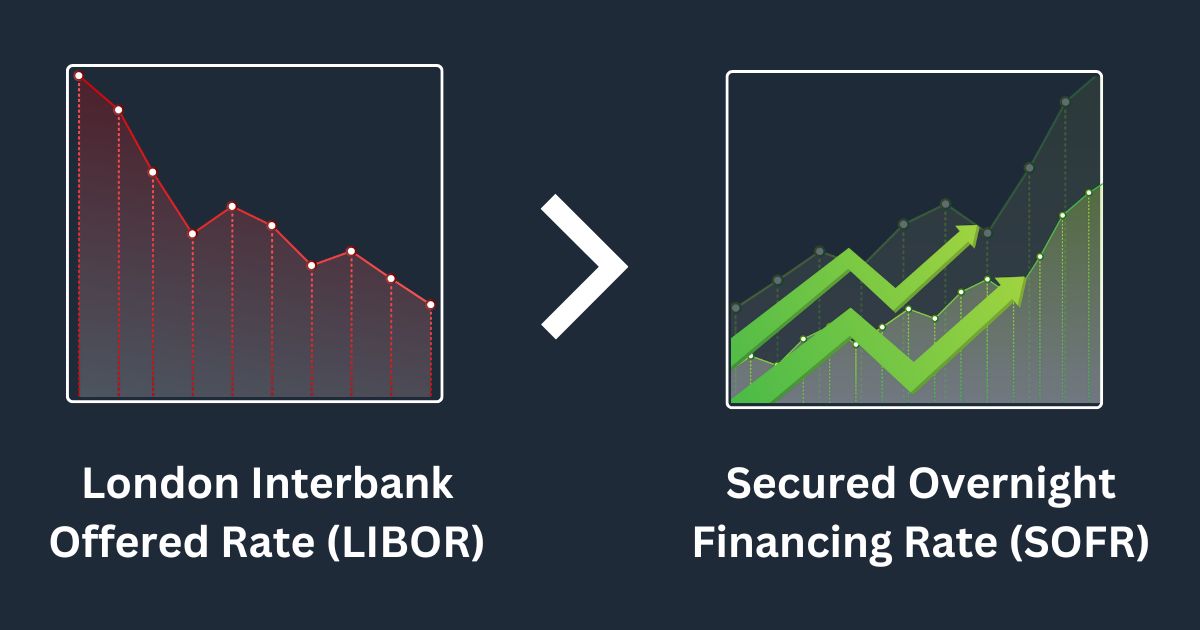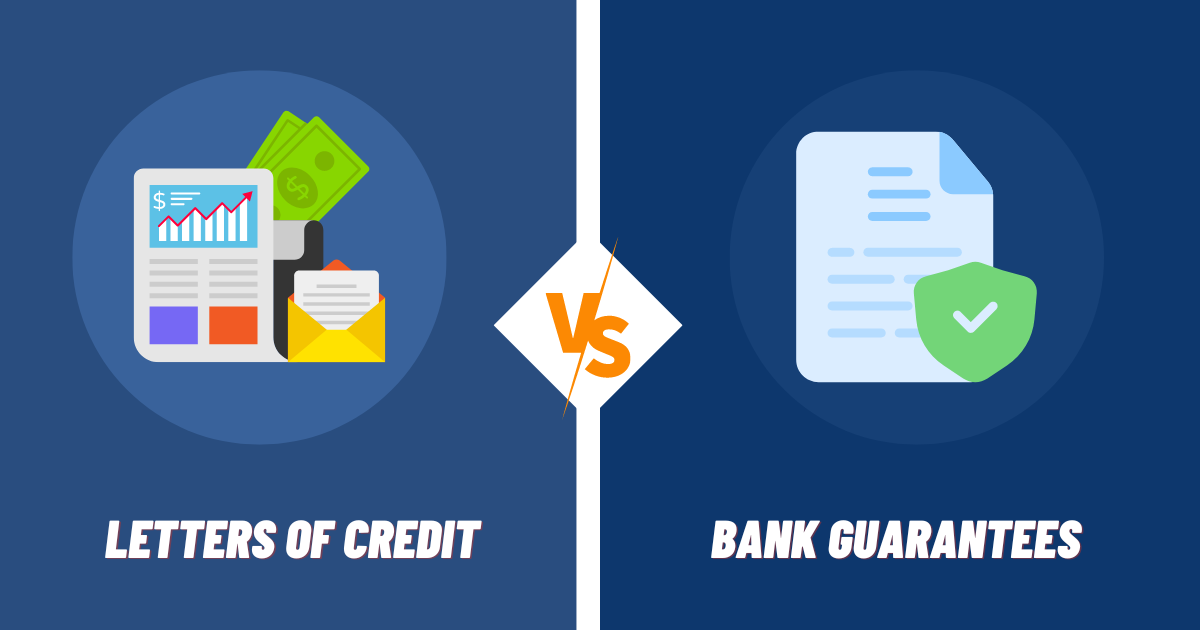Equipment Loans: One way to ensure business continuity is by investing in equipment or machinery necessary for production. Unfortunately, business equipment has a life expectancy and requires upgradation from time to time to offset the wear and tear.
In addition to that, the upgradation of equipment/machinery can also provide an edge to businesses against their competitors. Thus, it is essential for businesses to stay relevant in the market.
Given the importance of machinery for business operations, we shall delve deeper into how a business owner could finance equipment, explaining what equipment loans are, how they are different from leasing equipment, the types of equipment loans in India, and the documents required for availing equipment loans.
Understanding Equipment Finance
Equipment Finance is the capital required to acquire new equipment or machinery. It could either be done through leasing equipment or taking an equipment loan.
Equipment Leasing
Equipment leasing is a type of equipment financing in which you rent equipment instead of buying it. Leasing is usually a viable option when the equipment is very costly to purchase.
For example, aircraft in the aviation industry is usually acquired on lease given the costs associated with purchasing an aircraft.
The equipment is returned to the owner once the lease term expires. In some cases, the contract provides for an option to purchase or transfer ownership at the end of the lease term.
Suggested Read: What is Lease Rental Discounting: A Comprehensive Guide
Equipment Loans: Definition
Equipment Loans are loans taken to acquire new equipment or upgrade existing equipment. There isn’t any need for additional collateral in an equipment loan since the purchased equipment serves as the collateral itself.
Thus, if the borrower defaults on the repayment of the loan amount, the lender has an option to seize the purchased equipment.
Usually, lenders (Banks and NBFCs) finance up to a certain percent of the cost of the equipment, with a handful of lenders financing up to 100% of the equipment cost.
Types of Equipment Loans

Since there are specialized needs of each industry, the equipment required for each industry differs. Thus, there exists various types of equipment loans offered by lenders, some of which include:
- Construction Equipment Loan (for material handing machines, earth movers, road rollers, etc.)
- Medical Equipment Loan (X-ray machinery, ventilators, dialysis machines, etc.)
- Manufacturing and Processing Equipment Loan (mixers, centrifuges, etc.)
- Automobile and Allied Industries Equipment Loan (coveyer belts, robotic arms, etc.)
- IT & Office Equipment Loan (desktops, routers, storage devices, etc.)
- Hotel Industry Equipment (Washing machines, vaccum cleaners, etc.)
Given the growing specialisation in machinery, the loan amount one could get for purchasing equipment depends upon the equipment type and the policies of the lender.
Suggested Read: How To Get Equipment Financing For Business
How is an Equipment Loan different from Equipment Leasing?

While both concepts are components of Equipment Finance, they differ primarily based on the ownership structure of the business equipment.
Within equipment leasing, the ownership remains with the lessor and the machinery is given on rent to the lessee.
Within equipment loans, the borrower is the owner of the equipment purchased.
Usually, leasing is the preferred option wherein the equipment undergoes technological developments quickly since it allows businesses to lease the latest equipment.
On the other hand, equipment loans are the preferred option wherein the life of the equipment is relatively longer. In addition, once the loan is paid off completely, the business is left with an asset that could be used as collateral to acquire a loan at favourable interest rates.
Both Equipment Loans and Equipment Leasing offer tax benefits to the business.
Documents required for Equipment Loans

Equipment Loans require minimal documentation as compared to other types of loans. The following types of documents are required while filling the application form for an equipment loan-
- Identity Proof- PAN card, Aadhar card, Voter’s ID, etc.
- Resident Address Proof
- Business Address Proof
- Business Registration Proof
- Last Past months’ Bank statement
- Passport size photographs of the applicant
- Two years of income tax returns and COI
- Supplier and Machinery details.
You may also like:
- MSME Classification Explained: Criteria and Tax Benefits
- Bill Discounting vs Bill Purchase: Which is Better Option?
- What is Overdraft facility? Meaning, Types and How it Works
- What is Debt Financing, Types and How does it Works?
- Pros and Cons of Purchase order financing
- What is Invoice Discounting? A Guide for its Meaning, Types, and Advantages
- What is Supply Chain Finance – Types, Benefits & its working
- Credit Period: Meaning, Formula, and Examples
FAQs
What is an equipment loan?
An equipment loan is a loan taken to purchase business equipment. It is an unsecured loan with the equipment purchased being pledged as the collateral itself.
The interest rate on such loans is dependent upon the industry type, the type of equipment or machinery, the relationship between the lender and borrower, and the credit score of the borrower amongst other factors.
Are equipment loans a liability?
Yes, equipment loans are a liability for a business since it obligates the borrower to repay the loan amount borrowed to purchase equipment.
What is asset or equipment finance?
Equipment finance is a mechanism to obtain capital for acquiring machinery or equipment (an asset for the company). This could be done either through leasing the asset or purchasing it by taking an equipment loan.
What is considered equipment?
Equipment is any machinery used by a business for productive activities. For example, in the construction sector, material-handling machines are considered equipment.
Are equipment loans amortized?
Yes, equipment loans usually have an amortization schedule that determines the payments the borrower has to make to repay the loan.
















